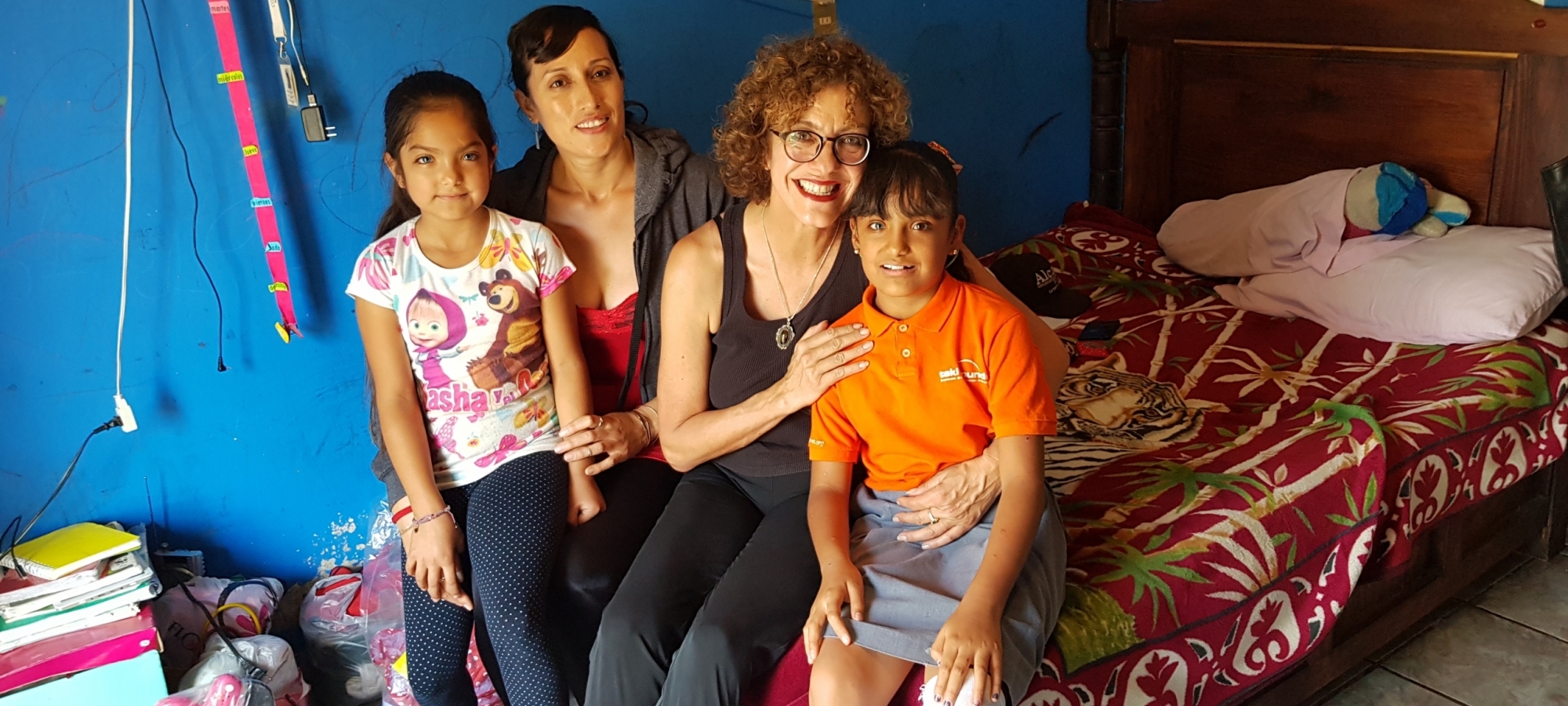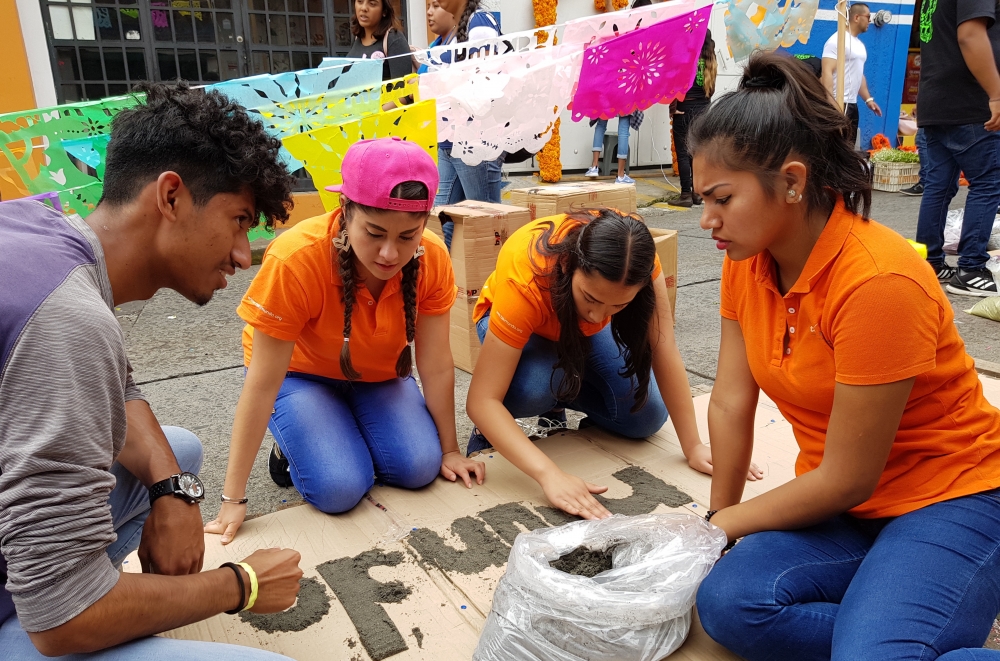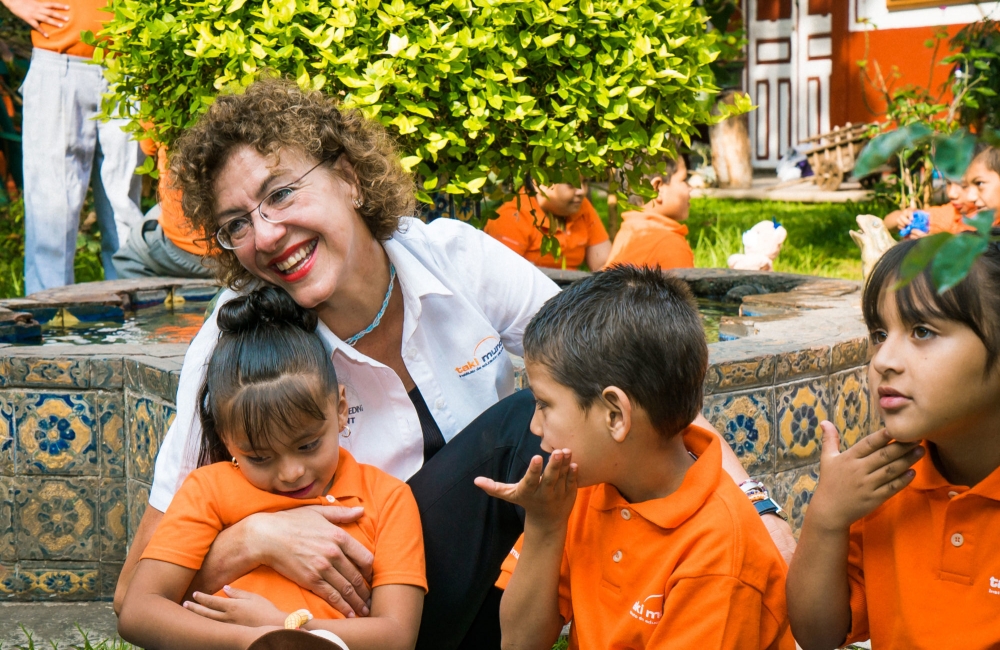A will expresses your will and gives you the peace of mind that your last wishes will be respected and that your wealth will be used as you see fit after your death. With a will you can also take into account people who are particularly close to your heart, or institutions that you trust and whose values and work you want to support after your death.
A will gives you the opportunity to put your thoughts, wishes and needs in writing after careful consideration. It avoids disputes among the heirs and ensures that the inheritance is quickly divided according to your will.
You can easily write a handwritten testament by hand and you can change, add to or cancel it at any time. You can also draw up a public will with the help of a notary (e.g. a notary). If your will is demanding or too long due to the financial situation, give it to a professional for review. Notaries, attorneys or financial advisors specialize in such questions.
Of course, you can change your will at any time and adapt it to your wishes. This is particularly important after radical changes in your private life – be it the birth of children, a marriage, separation, divorce or even a death in your close personal environment.
So that your will can be found as quickly as possible after your death, it is best to write an order in the event of death, which you send to the responsible registry office in your municipality of residence. You can use it to record, for example, who should be notified in the event of death, how you would like to be buried and where your will will be kept.
Whatever you choose …
… a will gives you the opportunity to consider your family according to your wishes and ideas, and also gives you the security of not giving your surviving dependents any reason for inheritance disputes.
In addition, you have the opportunity to use your freely available assets according to your ideas and convictions and to give them to those organizations that are in line with your ideals and values.
Those who bring order to their own estate during their lifetime can enjoy their existence all the more carefree.
If you want to determine for yourself who inherits what and what parts, a will is the easiest way. Any third party and organization can also become an heir. Prerequisite: You explicitly designate this person or organization as the heir. One then speaks of an appointed heir. Otherwise, whatever value you leave behind will be distributed to the legal heirs according to the rules of the law. The civil law takes no account of your personal wishes and your idealistic beliefs. With a will you organize your estate and create clear inheritance relationships among the relatives. Many of your personal intentions can only be fulfilled if they are binding and properly laid down. A will is also important for those people who live in a partnership without a marriage license, as the cohabiting partner is not a legal heir.
What the law provides
The law has taken precautions in the event that there is no will: Then the so-called legal heirs come into play. These are people who are related to the testator or – in the absence of close relatives and if there is no will – the community (canton, municipality). Legal heirs (close relatives) are:
- Blood relatives up to and including the grandparents’ tribe (children, parents, siblings, etc.)
- The spouse (always)
- The adopted children (are equal to their own descendants in terms of inheritance law)
What you can do with a will
With a will, the testator can additionally favor relatives or appoint other persons or institutions as heirs. This reduces the inheritance shares of the legal heirs. If the testator has children, surviving parents or spouses, he or she cannot decide on his estate without reservation. Because he cannot withdraw a part, the so-called compulsory portion, from these closest relatives without their consent. The testator can only finally dispose of what is not bound by compulsory portions, the so-called free quota, in his will.
If you do not want someone to inherit your inheritance and participate in the community of heirs, but should receive a certain amount of money or an item, you are suspending a legacy. In your will you determine the legacy and the legatee, e.g.
“I am leaving taki mundo, an amount of CHF 20,000”.
Legacies given to a nonprofit organization
A legacy, also known as a legacy in Switzerland, is legally binding. Legacies can only be received after the death of the testator. The legatee is entitled to the surrender of the legacy vis-à-vis the heirs or the community of heirs.
Legacies or inheritances in favor of a non-profit organization like taki mundo are exempt from inheritance tax in most cantons.
A non-profit organization, just like any natural person, can be benefited with amounts of money, real estate, valuables, works of art, insurance benefits, an account, a collection, etc.
Legacies given to a nonprofit organization
When you are single it is a situation that deserves special consideration. Single, divorced or widowed who leave no descendants are referred to as “single”. Every testator has legal heirs. When distributing the legacy by means of a will, the testator must preserve the compulsory portions of his relatives. These are the next of kin. If the parents have already died, no more compulsory portions need to be observed. Siblings, grandparents and other relatives are not entitled to a compulsory portion. You are free to whom you want to support.
With a will you take it into your hand to bring joy after your death, to give a lasting memory and – we would be particularly happy to support taki mundo.






